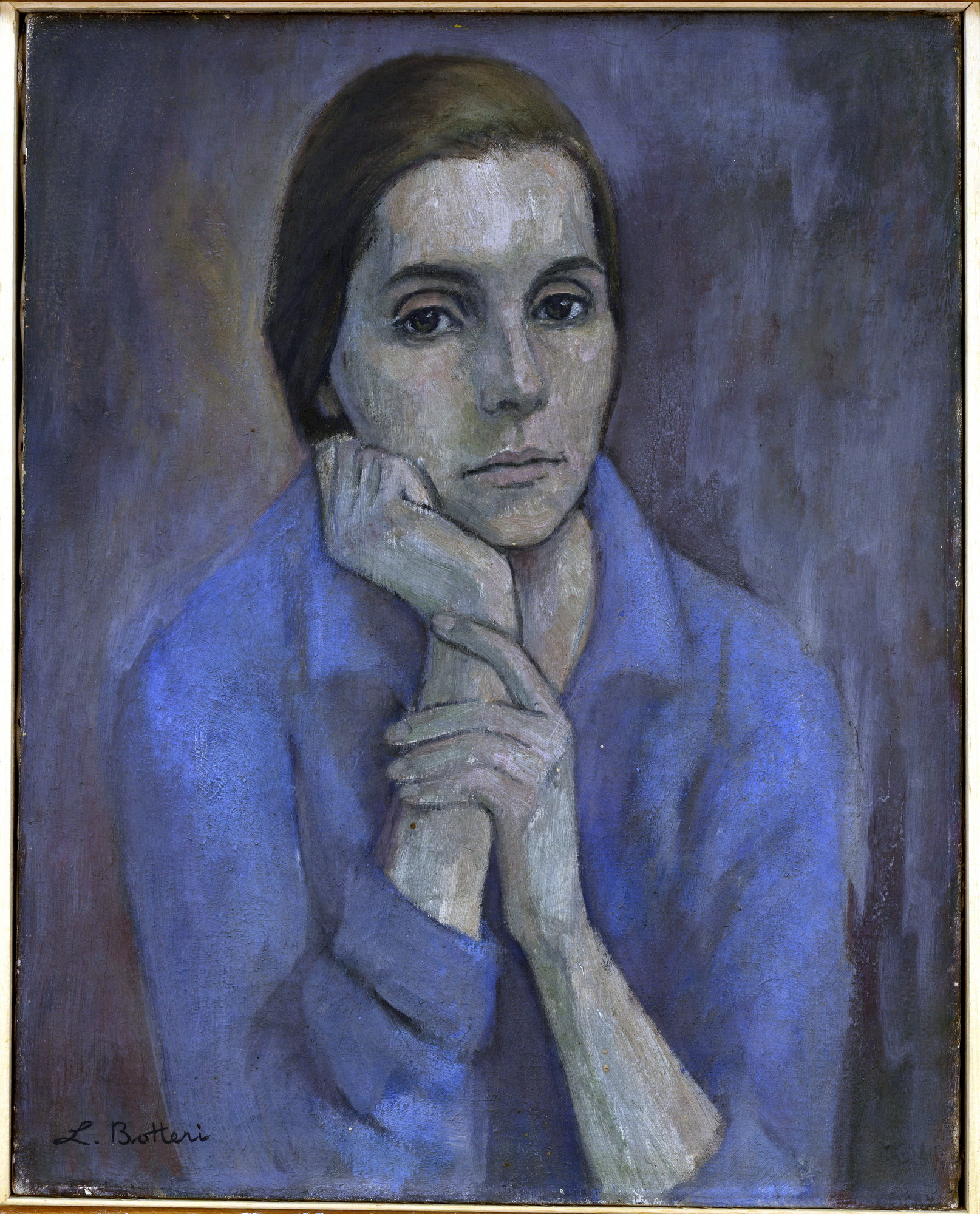DA GÊNESE À INSTITUCIONALIZAÇÃO DO COLETIVISMO ARTÍSTICO BRASILEIRO
UM ESTUDO DA EXPOSIÇÃO ZONA DE POESIA ÁRIDA
DOI:
https://doi.org/10.33871/sensorium.2024.11.9006Abstract
This article initially traces back to the early 2000s to discuss the genesis of artistic and activist collectivism in Brazil as a distinct form of collectivity from groups. Within this context, we underline the ways in which these collectives maintain a critical relationship with art institutions. We then address how "Zona de Poesia Árida" exhibition, held in 2015 at Museu de Arte do Rio, reenacts a series of debates around the process of institutionalization and historicization of these collectives in contemporary art circuits. Drawing on theoretical contributions from Cristina Freire, Lucy Lippard, Jacques Rancière, and Peter Bürger, we explain how the discussions that emerge in this exhibition stem from a simplistic relationship between art and vital praxis, where political efficacy depends on exiting art spaces. Finally, we propose critical institutionality as a way to maintain a certain field of contaminations between art, non-art, activism, and politics in tension.
Downloads
Downloads
Published
Issue
Section
License
Copyright (c) 2024 International Interdisciplinary Journal of Visual Arts - Art&Sensorium

This work is licensed under a Creative Commons Attribution 3.0 Unported License.
Authors who publish with this journal agree to the following terms:- Authors retain copyright and grant the journal right of first publication with the work simultaneously licensed under a Creative Commons Attribution License that allows others to share the work with an acknowledgement of the work's authorship and initial publication in this journal.
- Authors are able to enter into separate, additional contractual arrangements for the non-exclusive distribution of the journal's published version of the work (e.g., post it to an institutional repository or publish it in a book), with an acknowledgement of its initial publication in this journal.
- Authors are permitted and encouraged to post their work online (e.g., in institutional repositories or on their website) prior to and during the submission process, as it can lead to productive exchanges, as well as earlier and greater citation of published work (See The Effect of Open Access).





